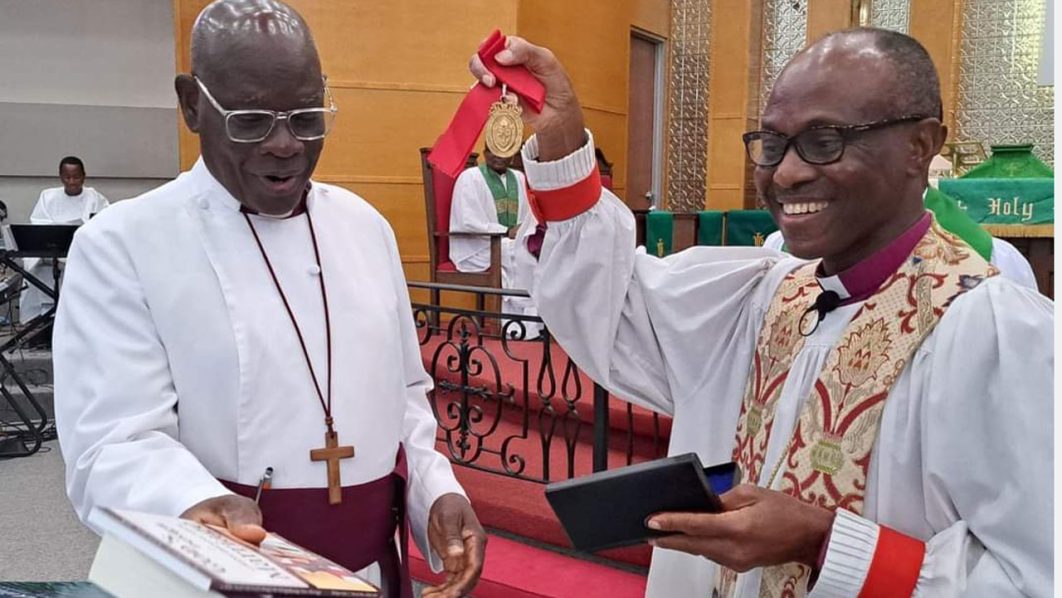A comment made by the Archbishop of Canterbury during his visit to the Holy Land in April, has resulted in a pioneering green energy project for churches in Africa. During his two-week visit, Archbishop Justin met Rabbi Yonatan Neril, the founder and executive director of the Jerusalem-based NGO, the Interfaith Center for Sustainable Development (ICSD).
He heard about ICSD’s collaborative project with the social enterprise Gigawatt Global (GWG) to deploy solar fields on church lands in Africa. In Rwanda, GWG installed Africa’s first commercial scale solar field on land belonging to the Agahozo Shalom Youth Village for orphans from the genocide. Archbishop Justin suggested that Rabbi Neril contact the Anglican Church of Southern Africa (ACSA), which gives a significant priority to environmental action.
Six months later, thanks to the work of Dr Rachel Mash, ACSA’s environmental coordinator and member of the Anglican Communion’s Environmental Network, ICSD and GWG have met with Anglican bishops in Burundi and Zambia and are in contact with others in the Democratic Republic of the Congo, Swaziland, Malawi, Mozambique and Tanzania with a view to developing the Faith-Based African Solar Project. Bishops and archbishops in Africa are said to have responded “enthusiastically” to the project.
The project will mirror the scheme in Rwanda, where a $24 million USD (approximately £18.2 million GBP) 8.5 MW solar field was installed, providing ongoing power and revenues to the youth village. ICSD and GWG are planning a 10 MW field with the Palestinian Authority; and are now looking to develop similar medium and large scale solar installations on church-related lands in the most under-served areas of Africa.
“ICSD’s mission is aligned with the Anglican Communion’s fifth Mark of Mission – ‘to sustain and renew the integrity of creation’”, the Revd Dr Rachel Mash said. “This partnership between the Anglican Churches, ICSD and GWG realises ICSD’s vision of being luminaries of creation care through sustainable rural development based on rapid deployment of solar and wind energy on lands leased from faith-based institutions.”
GWG has extensive experience in all aspects of renewable energy, project finance and development; and a long-standing relationship with the World Bank, African Development Bank and OPIC. They were nominated for the Nobel Peace Prize in 2015.
ICSD’s deputy director, Phillipa Friedland, said that GWG’s Nobel nomination “serves as testimony to the emphasis the enterprise places on social, economic and environmental development. GWG’s development approach is informed by the needs of the community. This is achieved through collaboration at every step of the process.”
“Additionally, a robust Corporate Social Responsibility (CSR) program is an integral part of their work, providing healthcare to orphans, power to medical and educational facilities, clean water and additional benefits for surrounding communities. GWG has also developed a solar based rural electrification mini-grid and solar street lighting pilot project in Burundi which will enhance security and provide additional opportunities for economic development for its citizens, and is currently planning a micro-grid to supply refrigeration for life-saving vaccines at a clinic in South Sudan.”
She added: “We look forward to collaborating with all interested dioceses in Africa so that this ‘opportunity of a lifetime can be realised within the lifetime of the opportunity.’”





